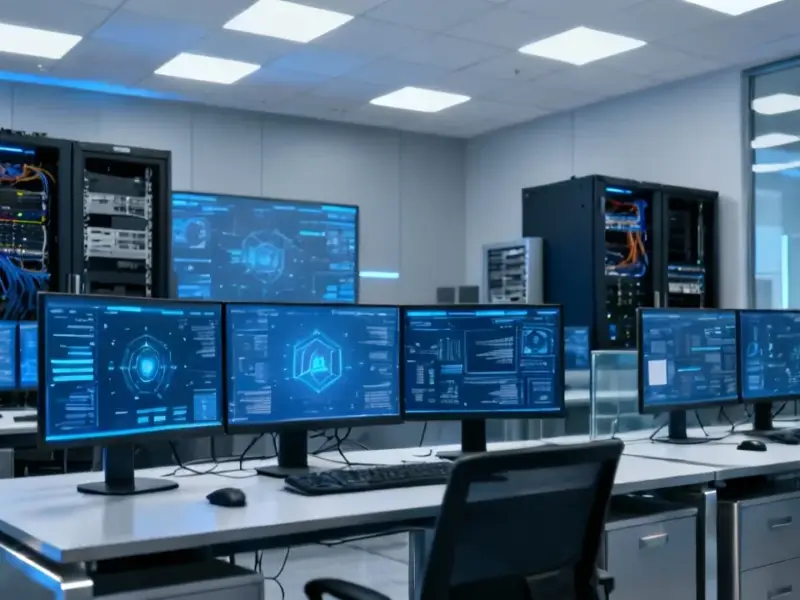According to Fast Company, climate activist Bill McKibben is pushing back against Bill Gates’ recent downgrading of climate change as an urgent priority. McKibben, who publishes the Substack newsletter The Crucial Years and leads the organization Third Act, argues we’ve reached a critical tipping point where solar and wind power have become cheaper to build than fossil fuel infrastructure. The confrontation stems from Gates’ recent blog post suggesting climate concerns should take a backseat to other issues. McKibben notes Gates didn’t acknowledge climate change as a real problem until 2006 – 18 years after NASA scientist James Hansen’s landmark congressional testimony about global warming. The activist previously reviewed Gates’ climate book for the New York Times, leading to Gates complaining about the critique in Rolling Stone.
The problem with billionaire climate experts
Here’s the thing about Bill Gates and climate change: he arrived fashionably late to the party. Like, really late. McKibben points out that Gates didn’t acknowledge the reality of climate change until 2006 – nearly two decades after the scientific consensus had solidified. That’s kind of a pattern with tech billionaires diving into complex problems they’re just discovering exist. They tend to approach everything with this “I just figured this out, so here’s the solution” energy that can be pretty frustrating for people who’ve been working on these issues for decades.
And honestly, Gates’ recent shift to downplaying climate urgency feels particularly tone-deaf. We’re at this incredible moment where renewable energy has actually become cheaper than fossil fuels. McKibben’s argument in his new book “Here Comes The Sun” is that the economics have fundamentally shifted. Solar and wind aren’t just environmentally better – they’re now economically superior. So when someone with Gates’ platform says “maybe we should worry about other things,” it’s not just wrong – it’s actively harmful.
The renewable energy tipping point
This is where it gets really interesting. McKibben isn’t just making a moral argument – he’s making an economic one. The cost of solar panels has dropped something like 90% over the past decade. Wind power costs have plummeted too. We’ve basically reached this inflection point where building new renewable capacity is cheaper than maintaining existing fossil fuel infrastructure in many cases.
So why aren’t we moving faster? Well, that’s where policy and political will come in. The technology exists. The economics work. But we’re still stuck with legacy systems, regulatory capture, and frankly, a lot of misinformation. McKibben’s organization Third Act is specifically focused on mobilizing older Americans who have both the time and political power to push for change. It’s a smart approach – seniors vote, they show up to town halls, and they’ve seen enough history to recognize when we’re at a pivotal moment.
When billionaires get it wrong
Look, I get it – Bill Gates has done amazing work in global health. But climate change is a different beast entirely. The whole “techno-optimist” approach that worked for software doesn’t necessarily translate to complex ecological systems with decades of built-in momentum. Gates tends to favor high-tech solutions like carbon capture and next-gen nuclear, which is fine, but we already have working solutions in solar and wind that are getting cheaper by the day.
McKibben’s critique in his New York Times review of Gates’ book apparently hit a nerve – enough that Gates felt the need to complain in Rolling Stone. But here’s what bothers me: when billionaires use their platforms to downplay urgent problems, they’re not just expressing opinions – they’re shaping public discourse in ways that can delay action we desperately need.
The reality is we’re at a make-or-break moment with climate change. We have the technology. We have the economic case. What we need is political will and accurate information from influential voices. And right now, according to McKibben, Bill Gates isn’t helping on either front.




